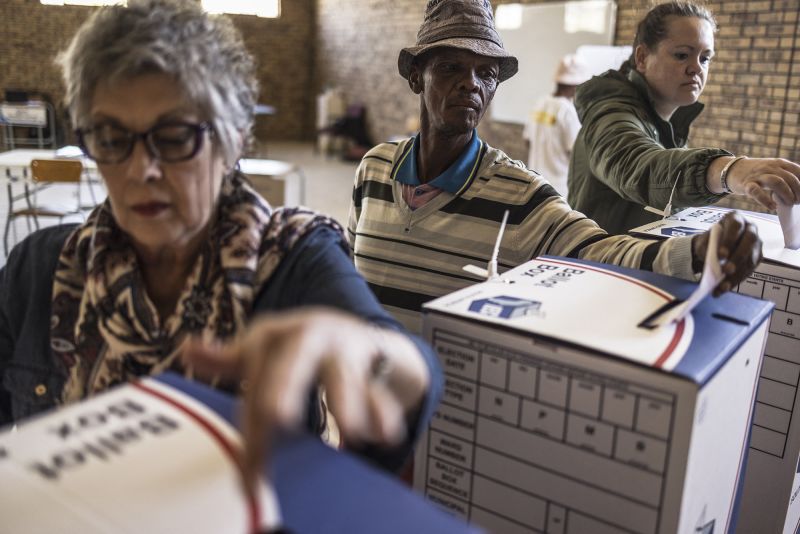Canadian held for more than 1,000 days describes ‘psychological’ torture in Chinese detention
Michael Kovrig, one of two Canadian men detained in China for more than 1,000 days on alleged spying charges, has described being put in solitary confinement for six months and relentlessly interrogated in what he said was psychological torture.
Dubbed the “Michaels,” Kovrig and fellow Canadian national Michael Spavor were at the heart of a bitter tussle between Beijing and Ottawa that continues to sour diplomatic relations to this day.
“It was psychologically, absolutely, the most grueling, painful thing I’ve ever been through,” Kovrig told CBC News in his first extensive public remarks since being released from Chinese prison three years ago.
Kovrig said he was walking home with his partner, who was six months pregnant at the time, from dinner in Beijing on December 10, 2018 when he was seized by Chinese authorities.
“We came up a spiral staircase right in front of the plaza in front of my apartment building, and boom,” Kovrig recalled. “There’s a dozen men in black with cameras on them surrounding us, shouting in Chinese, ‘That’s him.’”
Kovrig, a former diplomat who was working as a senior advisor for the International Crisis Group think tank, was detained at the same time as Spavor, a Canadian consultant who worked extensively in North Korea, on alleged spying charges.
The pair became embroiled in a three-year diplomatic row that began earlier that month when Canadian authorities arrested Meng Wanzhou, chief financial officer of Chinese tech giant Huawei, in Vancouver on US fraud charges.
Kovrig and Spavor were only freed after US prosecutors dropped the extradition request and agreed to release Meng, nearly two years later.
Beijing consistently denied any connection between the arrests of Meng and the Michaels and said Kovrig and Spavor were released on bail for health reasons.
Chinese officials did not publicly disclose any evidence against Spavor or Kovrig, or detailed information relating to their trials, which were held behind closed doors.
‘Chill down my spine’
After he was detained, Kovrig told CBC News he was handcuffed, blindfolded and thrown into a black SUV, then taken to a padded cell that would be his home for the next six months.
“At that point they said, ‘You are under suspicion of endangering China’s state security. You are going to be interrogated,’” Kovrig said.
“A chill went down my spine.”
Kovrig said he was held in complete isolation in a cell under fluorescent lights for six months, in contravention of UN standards. He said he was interrogated for 6 to 9 hours daily, locked in a chair for hours on end, and at times was forced to survive on three bowls of rice per day.
“They are trying to bully and torment and terrorize and coerce you into accepting their false version of reality,” Kovrig said.
After six months, Kovrig said he was moved to a larger cell with plexiglass windows, which he shared with a dozen cellmates.
“That was kind of like moving from hell to limbo,” Kovrig said.
Kovrig and Spavor were released in September 2021. Kovrig stepped off the plane in Toronto and hugged his separated wife Vina Nadjibulla, who had campaigned tirelessly for his release, in a touching moment that reverberated across the country.
He also met his daughter, who his partner gave birth to while Kovrig was in prison, for the first time. He described the meeting as “the most fantastic, heartwarming feeling you can imagine.”
“I’ll never forget that sense of wonder, of everything being new and wonderful again, of pushing my daughter on a swing and her saying to her mother, ‘Mummy, I’m so happy.’”













